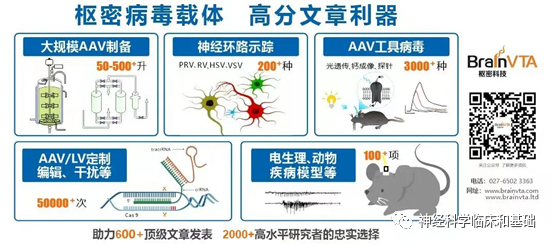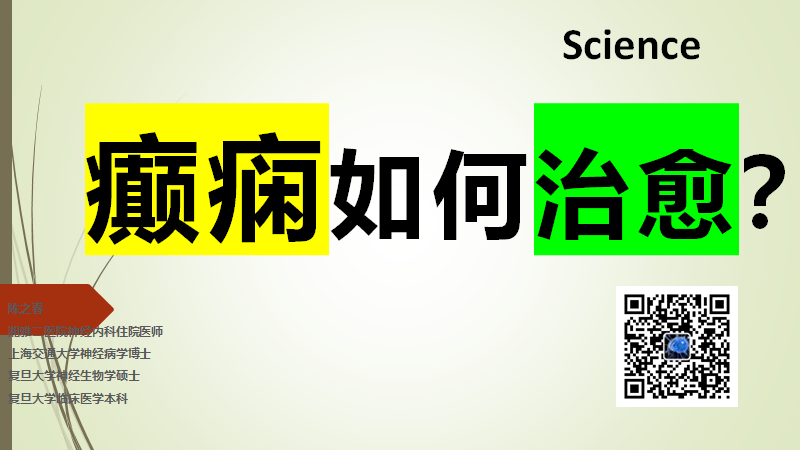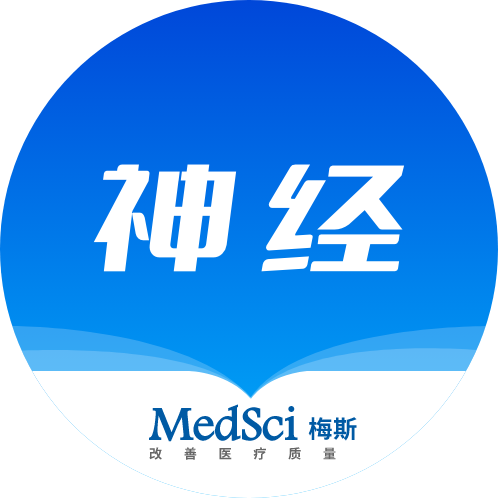科学家开发特异性基因疗法有望彻底治愈癫痫等脑环路疾病
2022-11-19 神经科学临床和基础 神经科学临床和基础
一些神经发育和神经精神疾病的特征是间歇性的病理性神经元活动。尽管基因疗法提供了调节神经元兴奋性的能力,但其中一个限制因素是它们不能区分参与病理环路的神经元和“健康”的周围或混合神经元。


 中文摘要
中文摘要
一些神经发育和神经精神疾病的特征是间歇性的病理性神经元活动。尽管基因疗法提供了调节神经元兴奋性的能力,但其中一个限制因素是它们不能区分参与病理环路的神经元和“健康”的周围或混合神经元。研究人员描述了一种基因治疗策略,该策略通过闭环方式下调过度活跃神经元的兴奋性,他们在癫痫模型中进行了测试。他们在过度活跃的神经元中使用一个直接早期基因启动子来驱动Kv1.1钾通道的表达,并且只在它们表现出异常活动的时候才启动基因表达。癫痫相关活动降低了神经元的兴奋性,这种基因治疗策略在不干扰正常行为的情况下产生持久的抗癫痫作用。活性依赖性基因治疗是一种很有前途的按需细胞自主治疗脑环路疾病的方法。
英文摘要
Several neurodevelopmental and neuropsychiatric disorders are characterized by intermittent episodes of pathological activity. Although genetic therapies offer the ability to modulate neuronal excitability, a limiting factor is that they do not discriminate between neurons involved in circuit pathologies and "healthy" surrounding or intermingled neurons. We describe a gene therapy strategy that down-regulates the excitability of overactive neurons in closed loop, which we tested in models of epilepsy. We used an immediate early gene promoter to drive the expression of Kv1.1 potassium channels specifically in hyperactive neurons, and only for as long as they exhibit abnormal activity. Neuronal excitability was reduced by seizure-related activity, leading to a persistent antiepileptic effect without interfering with normal behaviors. Activity-dependent gene therapy is a promising on-demand cell-autonomous treatment for brain circuit disorders.
本网站所有内容来源注明为“梅斯医学”或“MedSci原创”的文字、图片和音视频资料,版权均属于梅斯医学所有。非经授权,任何媒体、网站或个人不得转载,授权转载时须注明来源为“梅斯医学”。其它来源的文章系转载文章,或“梅斯号”自媒体发布的文章,仅系出于传递更多信息之目的,本站仅负责审核内容合规,其内容不代表本站立场,本站不负责内容的准确性和版权。如果存在侵权、或不希望被转载的媒体或个人可与我们联系,我们将立即进行删除处理。
在此留言






